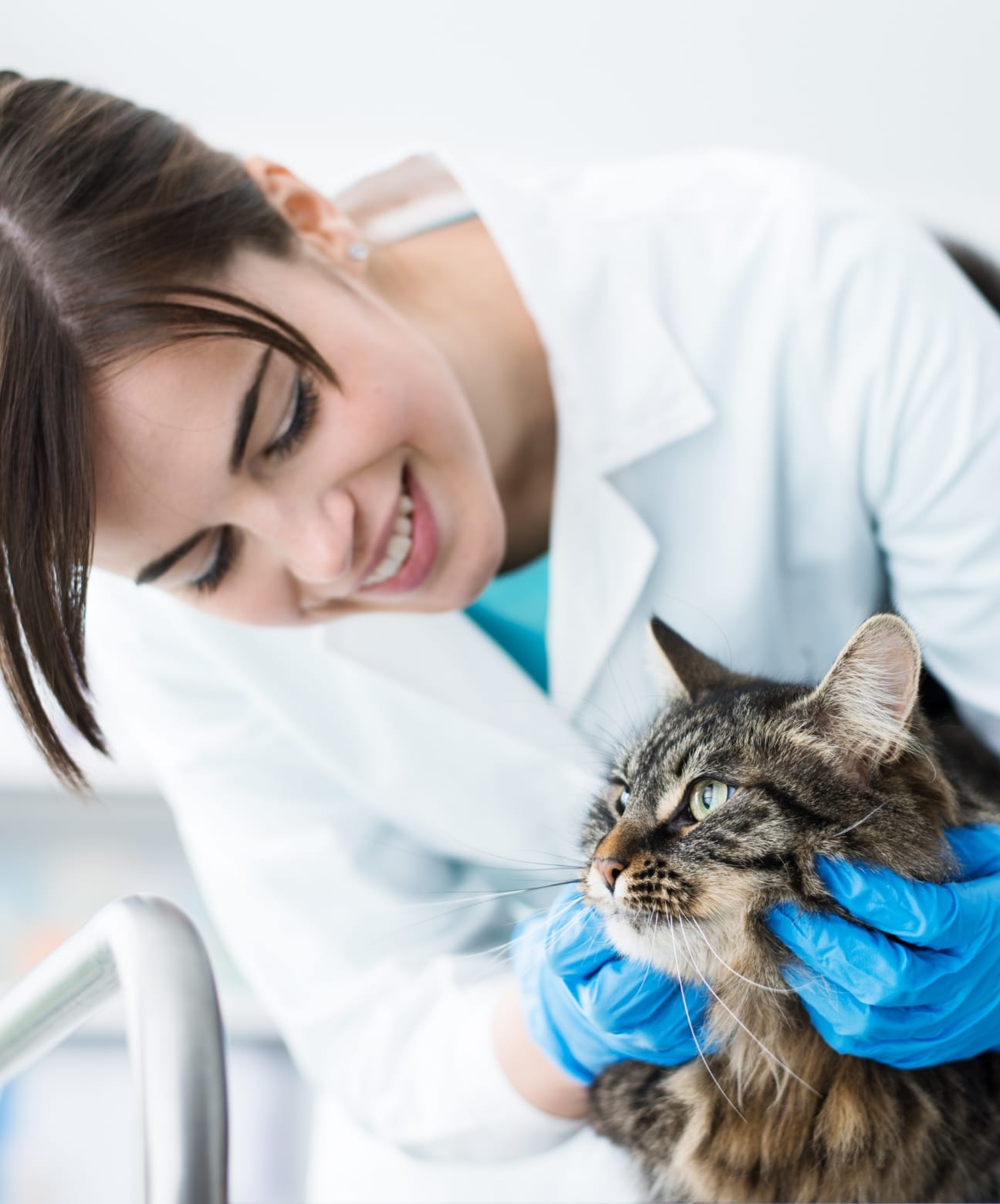
Fellowships
Canine & Feline Emergency Practice Fellowship
The Canine & Feline Emergency Practice fellowship would take place AFTER credentialing for the American Board of Veterinary Practitioners (specifically in Canine & Feline or Feline). In the human medical field, fellowships exist to provide training programs in specific areas of interest to improve the overall access to care.
Why was the Canine & Feline Emergency Practice fellowship created?
Currently the reported retention rate for emergency practitioners is 3-5 years. With the current state of emergency medicine across the country, the loss of even one practitioner is felt. Reference: Booth M., Rishniw M., Kogan L. The shortage of veterinarians in emergency practice: a surgery and analysis. J Vet Emerg Crit Care. 2020; 1-11. Current research indicates that there will be a shortage of veterinary specialists (internal medicine, oncology, neurology, surgery, etc) until 2030. With the current backlog of cases unable to be evaluated, in some areas upwards of 8-10 weeks, this burden is falling onto the emergency facilities contributing to the long wait times. The goals of the EP fellowship are to change the meaning of being “only an emergency doctor”, to promote retention within the field by creating a measurable standard. Achievement of a specialty level standard will demonstrate a high degree of proficiency for the ER veterinarian.
Is this the same as a Critical Care residency?
No, a critical care residency is a 3 year program geared towards the development of a Criticalist who routinely diagnoses and manages critical patients in our hospitals. An emergency veterinarian routinely tackles cases that not only overlap with primary care medicine but the stabilization and initial management of patients who present for a variety of different conditions. The goal of the EP fellowship is not to replace or minimize this type of training. Critical care veterinary specialists are a vital part of any hospital setting.
Current Requirements
Updated EP Fellowship guidelines
The objective of an ABVP Canine and Feline Emergency Practice (ABVP EP) fellowship training program is to have a positive impact on the retention of exceptional and seasoned emergency practitioners as well as have many other tangible and intangible benefits to emergency practice, the referral community, clients, and their pets. An emergency practitioner fellowship program will prepare its candidates to be proficient in the various topics within emergency medicine and to provide a leadership role in the surgical, medical, and referring veterinary communities in all matters pertaining to emergency medicine. The goal of the emergency practice fellowship is to encourage emergency practitioners to demonstrate a mastery of emergency practice, foster reflection and adaptation to the inherent challenges of emergency practice and contribute meaningfully to the advancement of the profession as a whole.
Master of Emergency Practice
- Case log of 400 cases
- Each case will describe the basic workup, working diagnosis, interventions, and outcome
- Summary should be no more than 150 words
- Fellow candidates are expected to attend a minimum of 3 interactive presentations monthly (virtual accepted)
- Fellow candidates are required to attend one major CE conference yearly
- Surgery logs
- 5 types of ER surgeries-GDV, gastrotomy/enterotomy, splenectomy, R&A, pyometra/dystocia
Contribution to Emergency Practice
- Participation in EP Journal Club
- Provided by EP Fellows given every 2 months (total of 6 articles)
- The fellow candidate will provide 3 formal presentations (virtual accepted)
Reflective and Adaptive
- The Fellow candidate will complete 1 case report (<2500 words) that is a personal reflection of a case that did not respond as expected to therapeutic interventions
- This personal reflection will critically evaluate the management of the case with an appropriate literature review
How to Apply
Interested individuals should complete a letter of intent and include their most currentCV/resume. Forward to: Canine & Feline Emergency Practice Oversight Committee Attn: Dr. Christine Klippen, DVM, DABVP, Canine and Feline Practice; Founding Fellow in Emergency Practice info@abvp.com
Founding Fellows
Meagan Anderson, DVM, DABVP (Canine and Feline Practice)
Leslie Bauer, DVM, DABVP (Canine and Feline Practice)
Allan Berger, DVM, PhD, MBA, DABVP (Canine and Feline Practice)
Matt Booth, DVM, DABVP (Canine and Feline Practice)
Cooper Brookshire, DVM, MS, DACVPM, DABVP (Canine and Feline Practice)
Kim Buck, DVM, DABVP (Canine and Feline Practice)
Clare Deming, DVM, DABVP (Canine and Feline Practice)
Beth Galles, DVM, DABVP (Canine and Feline Practice)
Tracy Gati, DVM, DABVP (Canine and Feline Practice)
Tom Hansen, DVM, DABVP (Canine and Feline Practice)
Jocelyn Hutton, DVM, CVA, DABVP (Canine and Feline Practice)
Deepan Kishore, DVM, DABVP (Canine and Feline Practice)
Christine Klippen, DVM, DABVP (Canine and Feline Practice)
Chris Parratt, DVM, DABVP (Canine and Feline Practice)
Stephen Pittenger, DVM, DABVP (Canine and Feline Practice)
Libby Ramirez, DVM, DABVP (Canine and Feline Practice)
Brooke Robertson, DVM, DABVP (Canine and Feline Practice)
Ravi Seshadri, BVsc, DABVP (Canine and Feline Practice), DACVECC, FCCM
Richard Wearing, DVM, DABVP (Canine and Feline Practice)